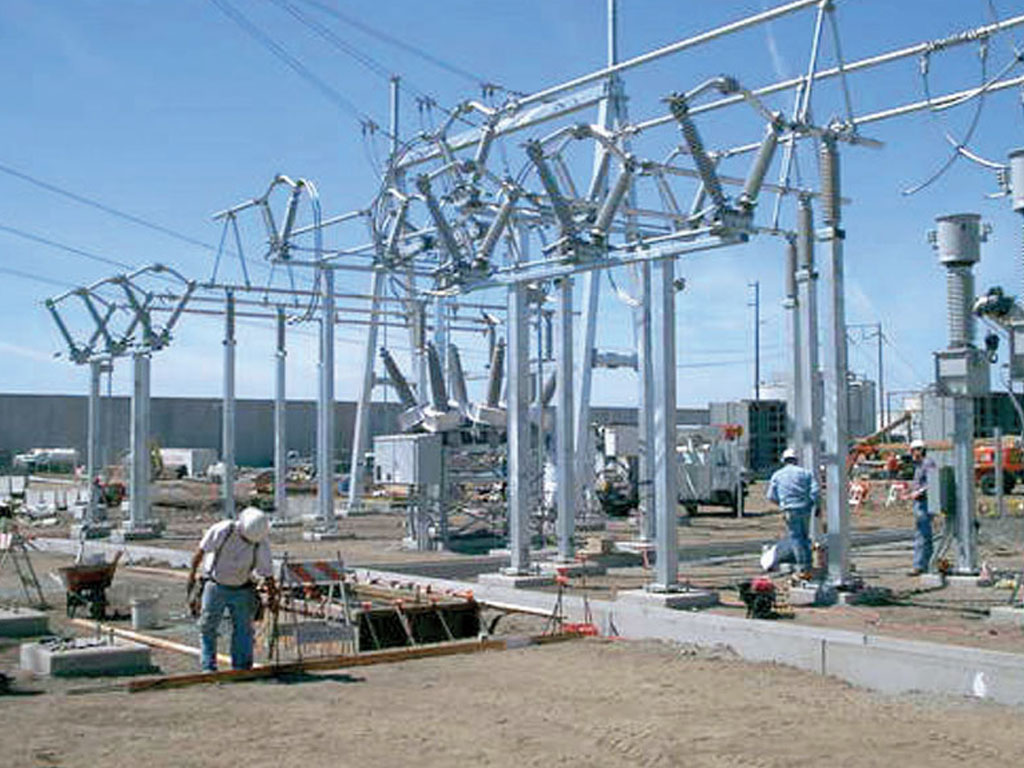IPPs received billions from the government
without generating adequate electricity
raising concerns about contractual agreements\
News Desk

Islamabad: Recent revelations highlight the detrimental impact of Independent Power Producers (IPPs) on Pakistan’s economy. Sources indicate that IPPs received billions from the government without generating adequate electricity, raising concerns about contractual agreements.
Overbilling Concerns
IPPs in Pakistan have been found to overinvoice, with wind power plants costing four times more than similar facilities in Bangladesh and Vietnam. This inflated pricing has led to costly electricity generation, despite the availability of domestic coal reserves. Instead, IPPs rely heavily on imported fuels, such as high-speed diesel and coal, exacerbating the financial burden on the government.
Maintenance Issues and Audits
Despite receiving substantial government funding for maintenance, IPPs reportedly spent less than 25% of these funds on actual upkeep. This inefficiency has prompted the government to call for a forensic audit of IPPs, which many have resisted.

Government Subsidies and Ownership Concerns
The Government of Pakistan has not only financed the establishment of IPPs but also provides tax breaks and insurance coverage. Alarmingly, ownership of these plants will not revert to the government after contracts expire. While many IPP owners are local, contracts were often made in the names of foreign entities, raising questions about transparency.
Impact on Investment in Key Sectors
Experts warn that heavy payments to IPPs hinder the government’s ability to invest in critical areas. With IPPs profiting immensely from their agreements, it is essential to review these contracts. Reports suggest that a few influential families monopolize the IPP sector, resulting in significant financial losses for the government.

Negotiations for Price Reductions
In a surprising turn, some IPPs are now open to negotiating lower prices with the government. This development may provide an opportunity for Pakistan to reassess its energy contracts and mitigate the financial strain caused by IPPs.























